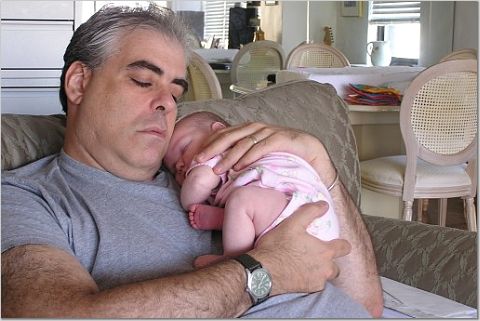Election Cheating
Tuesday, November 16, 2004
To be clear, if I wasn't already, I don't necessarily agree with articles posted here (unless I say I do.) I mentioned that there was a counterpoint to that Colin Shea article, and Seth posted a link to it. Sometimes I post stuff because I haven't written lately and something strikes me as interesting. I mean, I did post the Bob Jones letter. So no, I do not believe the Republicans cheated on the 2004 election-- ANY MORE THAN USUAL.
See, I'm a guy who thinks JFK beat Nixon because the mob helped get out the vote-- living and dead-- in Chicago in 1960. It is a fact of political life that in any election entity (county, district, state), the party in power does whatever they can to make election results favorable to their party. It was thus with Mayor Daly; it was thus with Boss Tweed; it probably goes back to Washington and Jefferson. It is simply a fact of political life; we learned about it in Social Studies in 12th grade. And it knows no party affiliation.
Where does aggressive pro-party action become cheating, become illegal? It isn't as black and white as we'd like to think. If Florida 2000 taught us anything, it was not that our system worked; rather, it taught us how fragile our system really is when you look at the details. As an old co-worker used to say, "No one wants to see how you make the sausage." We learned about hanging chads, about ballots that could actually physically change over time (honestly, who ever thought about such a thing before 2000?) We had a presidential election decided in one state by 537 votes, which is one hell of a statistical anomalie (the nature of the closeness).
As I've said before, the Republicans "stole" Florida from Gore fair and square, and there is nothing to whine about (if he'd taken his own state of Tenessee or Clinton's Arkansas he'd have still won; Clinton took both in '96.) You have to figure in a state run by your opponent's brother, if you don't win convincingly, there is enough wiggle room to cost you the state. Maybe the best, fastest election workers go to the districts where incumbent support is strongest. Maybe the best machines go to these districts. Hell, of course they do; it is naive to think otherwise. Ordinarily no one fusses because both sides do it, and because 537 votes shouldn't sway a national election-- only this time they did. In a state the size of Florida, if Democrats had been in power in 2000, then Gore would have done at least 538 votes better than he did. (See, that's a non-partisan comment; did I say the Reps cheated 537 votes worth, or that the Dems would have cheated 538 votes worth-- or somewhere in between? Your call.)
But I don't blame the Republicans for this. I blame Gore, because if you don't plan on needing at least 51.5% in that state, you messed up. And the same goes for Kerry, although I can't imagine he ever thought he was going to win Florida. Certainly not after the hurricanes.
So back to the question of when does it become cheating. And the answer is-- who knows? Maybe it never does. Consider a baseball analogy. The spitball is illegal. OK, so you can't go to your mouth before you throw a pitch. But what if a drop of sweat runs down your arm to your index finger, where it collects, and you can use it to make the ball dance and swoop? Have you cheated because you can make a ball do that with a drop of sweat? Me, I think not. Now, say you wear a heavy sweat shirt on a 70 degree day under your uniform in order to make you sweat. Now have you cheated? Or have you simply worked the system to your advantage? I'd still say the latter.
Labels: The politics
Posted by: --josh-- @ 2:36 PM




Post a Comment
<< Home